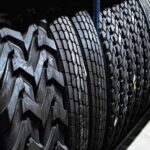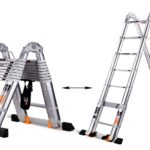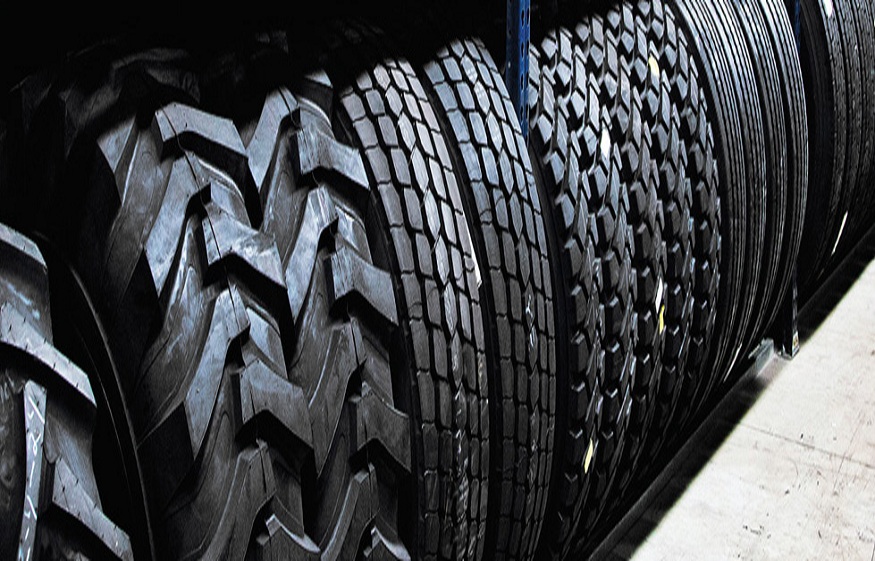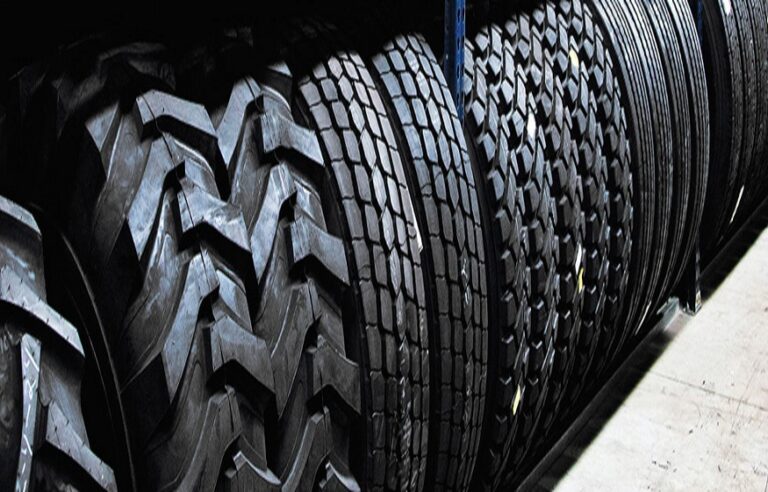Rising as a revolution in the industrial sector, recovered carbon black (rCB) presents a green substitute for conventional carbon black. Selecting the correct rCB manufacturer becomes vital for guaranteeing quality, efficiency, and environmental responsibility as businesses work for sustainability. Apart from delivering excellent recovered carbon black, a trustworthy recovered carbon black manufacturers follows stringent sustainability and quality criteria. These basic guidelines will enable you to choose the finest recovered carbon black producer for your requirements.
Dedication of Sustainability and Environmental Compliance
One respected recovered carbon black producer gives sustainability top priority in their manufacturing techniques. Seek producers that follow environmental laws, cut carbon emissions, and use waste-reducing techniques. Following global environmental guidelines guarantees responsible production of the rCB free from damage to ecosystems.
Verified Experience and Industry Credibility
Choosing a rCB maker calls for experience. Strong industry reputation established firms are more likely to provide consistent, premium items. Examine case studies, industry certifications, and consumer evaluations to evaluate their dependability in producing premium recovered carbon black.
Certification Standards and Quality Control
Raw material sources and manufacturing techniques might affect rCB quality. Choose companies with industry-approved certifications, including ISO 9001 or REACH compliance, and strong quality control policies. These certificates show that their recovered carbon black satisfies performance and safety criteria worldwide.
Modern Recovery and Processing Tools
Novel recovery technologies define rCB’s performance, quality, and consistency. Select producers that make investments in modern pyrolysed and refined technologies to guarantee low contaminants and improved material qualities. Modern techniques of processing also support more sustainability and efficiency.
Customisation and Product Consistency
Different sectors need for different rCB standards. To fit certain industrial demands, dependable manufacturers provide customising choices depending on particle size, surface area, and structure. Smooth integration into manufacturing processes depends on consistent product quality across many batches.
Solid Scalability and Supply Chain
Those manufacturers with a proven supply chain guarantee consistent and timely rCB delivery. To see if they can satisfy your long-term needs, evaluate their manufacturing capability, raw material procurement, and logistical capacity. Particularly for companies hoping to grow future operations, scalability is very vital.
Competitive Pricing and Cost Effectiveness
Although sustainability is first importance, selecting a rCB producer mostly depends on cost economy. Examine cost-effectiveness depending on quality, lifetime, and performance by comparing pricing strategies across many manufacturers. Making a selection depends much on long-term cost reductions and open pricing strategies.
Adherence to Industry-Specific Guidelines
Some sectors, like plastics, rubber, and automotive, have particular guidelines for carbon black use. Make sure the rCB producer can provide technical data sheets to verify compliance and meet needs particular to the sector. This guarantees that the substance functions as expected in your planned uses.
Technical Assistance and Client Service
Strong technical support and customer care are offerings of a trustworthy carbon black solutions. To maximise the usage of recovered carbon black in your applications, seek for manufacturers that provide professional advice, testing help, and troubleshooting. The whole partnership experience is improved by a committed customer support staff.
Dedication to Discovery and Development
Key markers of a forward-looking rCB producer are innovation and ongoing improvement. Research and development-investing companies help to improve product performance, sustainability, and new uses for recycled carbon black as well as contribute to A manufacturer’s R&D commitment shows their will to bring about long-term industry developments.
Clear Sourcing and moral Behaviour
Essential is knowing where and how rCB’s basic components come from. Ethical sourcing guarantees that the component comes from responsible sources with least influence on the surroundings and society. Openness in manufacturing and sourcing techniques fosters corporate social responsibility projects and helps to establish confidence.
Industry Partnerships and Cooperation
Companies that work with research labs, environmental groups, and industry leaders show credibility and inventiveness. Working with respectable companies shows that the manufacturer is actively supporting sustainable manufacturing solutions and industry improvements.
Performance Assessment and Testing
Get performance assessments and sample testing before deciding on a rCB maker. Evaluate elements including durability in practical uses, dispersion, and reinforcing characteristics. Internal testing guarantees that, prior to broad use, the recovered carbon black satisfies your performance criteria.
Technical Data and Documentation Availability
Professional rCB manufacturers provide safety paperwork, thorough technical data sheets, and compliance reports. These records enable producers to guarantee regulatory compliance, evaluate product fit for different uses, and simplify the integration into many systems.
Circular Economy Integration and Waste Management
RCB manufacturers with sustainability in mind use circular economy ideas across their processes. See if the manufacturer has processes in place for sustainable product lifetimes, resource recovery, and effective waste disposal. Long-term environmental benefits are improved when one is strongly committed to circular economy concepts.
Worldwide Presence and Distribution Network
If your company does business internationally, selecting a manufacturer with a worldwide footprint can help. Establishing a well-known distribution network guarantees continuous supply, lowers lead times, and helps to minimise logistical difficulties, therefore facilitating the procurement of rCB throughout several areas.
Following Health and Safety Rules
RCB’s manufacture and use have to line up with safety and health requirements. To guard workers and end users from any risks connected with carbon black materials, find out whether the manufacturer adhers to regulations, material handling standards, and occupational safety policies.
Positive Customer Testimonials and References
Client comments and testimonials provide insightful analysis of the dependability, service quality, and product performance of the company. To learn about previous or current customer experience with the manufacturer, ask references. Good ratings point to a reliable and capable source.
Extended Environmental Sustainability Objectives and Corporate Conscience
Leading rCB producers aggressively pursue lessening their environmental effect and establish long-term sustainability targets. Review their sustainability reports, carbon footprint lowering techniques, and corporate responsibility programs to be sure they complement your environmental policies.
Conclusion
Achieving premium, environmentally friendly, and reasonably priced rubber goods manufacturers in many sectors depends on selecting the correct recovered carbon black producer. Companies may make wise judgements by weighing elements like quality control, technological innovation, supply chain effectiveness, and environmental compliance. Purchasing a forward-looking, responsible rCB producer guarantees exceptional product performance and long-term operational success as well as helps to create a better future.

















+ There are no comments
Add yours